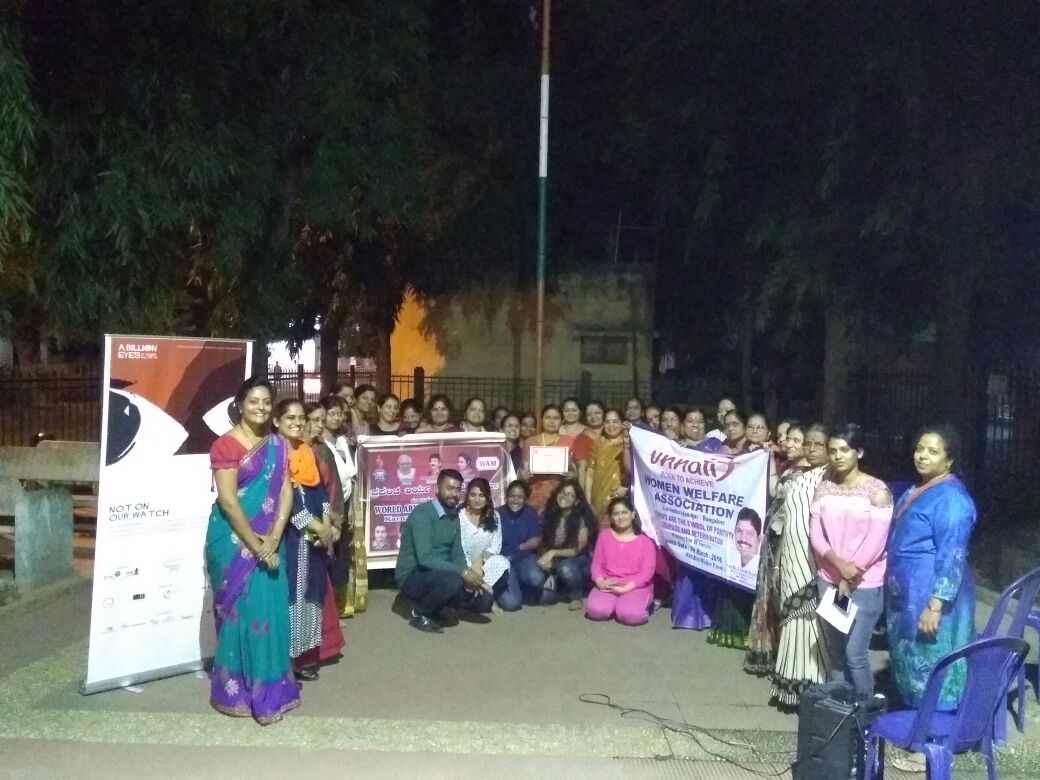For many decades, paper bags have become an integral component of commerce. Upon the transfer of goods from producers to merchants and shopkeepers, traditionally, fabric and jute bags were used to store products in large quantities. Paper bags, on the other hand, were used to deliver smaller quantities of goods to end consumers. Even now, small food retailers such as sweet shops, street food vendors, bakers, and small vegetable sellers still use paper bags.
Paper bags have also found a niche in the beauty and luxury packaging industry owing to their dimensional firmness and surface function which made them suitable for printing high-quality pictures and better designs over a plastic bag.
Nevertheless, the use of paper bags in business and commerce remained restricted due to the industrialization and development of plastic packaging options which had higher durability, cheaper cost of production and improved resilience to protect goods. In reality, over the last 5 to 6 decades, plastic has dominated the global packaging industry. The planet has seen the ill consequences of non-biodegradable plastic packaging on the environment. The seas became congested with plastic bottles and food packets which affected the aquatic and terrestrial fauna through the ingestion of these discarded items. Plastic pollution has also contributed to the decline of soil fertility globally.
Initiatives by B.CLIP Heroes
The need for a shift from plastic to paper bags was realized by two B.CLIP Leaders, Devika Raj and Kaveri Kedarnath, who took it upon themselves to bring about this change in Bengaluru.
Devika Raj started making paper and cloth bags for almost two years with the help of self-help groups consisting only of women. She has hired nearly 300-400 women until now. With ten groups of women employed under her(each group consisting of 20 women), they produce homemade bags and market them to various shops, such as medical shops, supplies stores etc. They get around 500-1000 orders from these stores.
Kaveri Kedarnath is our second hero who took the initiative to further this same shift. Kaveri was actively involved in :-
- Spreading awareness regarding the use of paper bags
- Importance of banning plastic counterparts.
This all started two years back before a Shivratri Festival. There was a hike in demand for paper bags when the plastic bags got banned, so she conducted workshops in civic hubs to help women from weaker sections learn the art of making these recyclable paper bags and become self-employed in the process. Not only did she produce 2000 paper bags in a week along with her team but also sold them to vegetable shops for free.
She also created posters with the slogan “Say No To Plastic” to raise knowledge for the same and placed them on the shops for the general public to see. Soon after this, shops started asking for more paper bags which helped each woman to become self-employed.
While reusable bags are the best way forward for a more sustainable shift when it comes to everyday commerce, they also facilitated initiatives like:-
- Reuse of old newspapers
- Reduce plastic waste
- Empower women and ultimately
- Support the local economy
“Be the change that you want to see in the world”- these women gave meaning to these words.
They didn’t wait for anyone to take the initiative; instead, they took it upon themselves to bring about a difference in the lives of all these women and the world.









